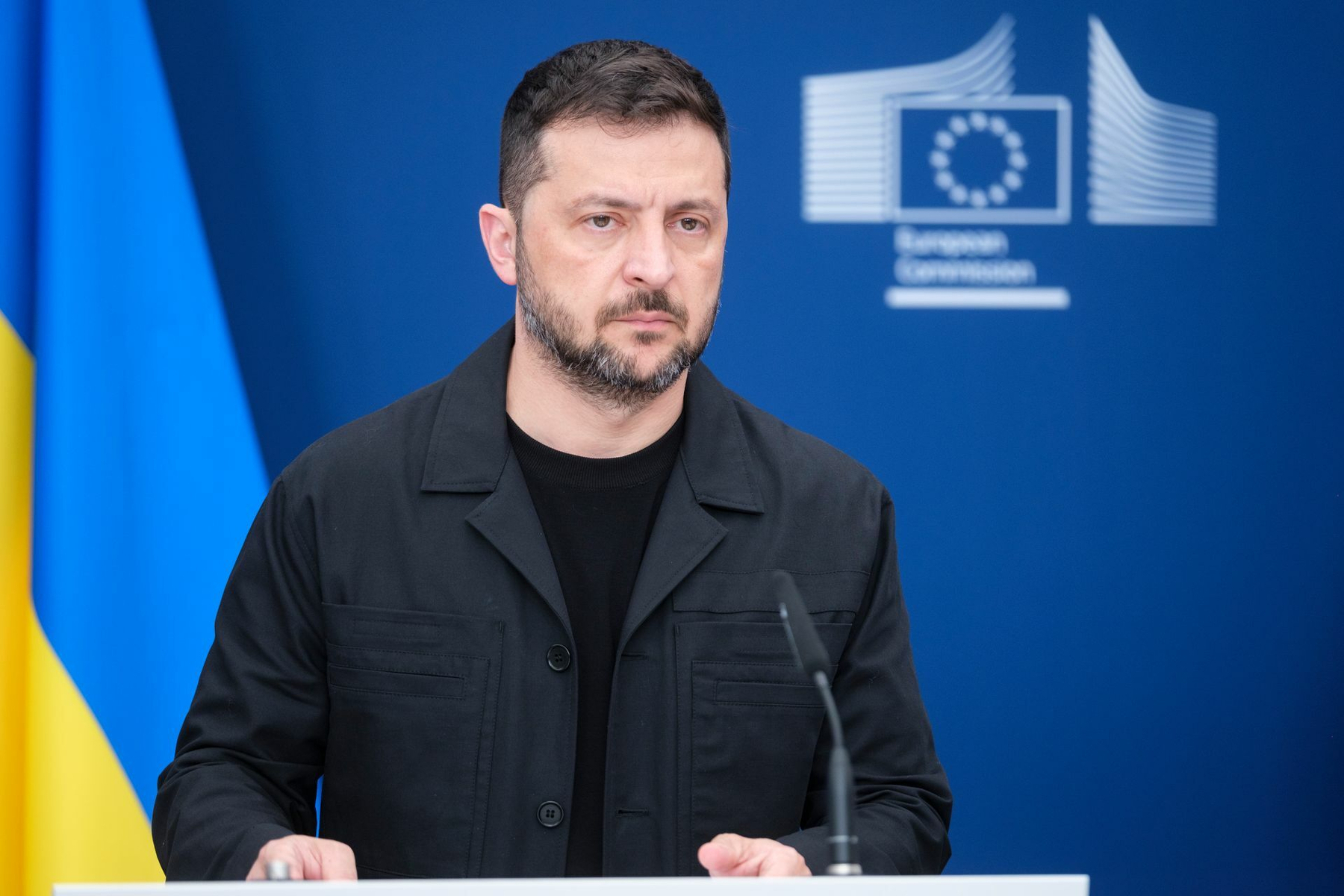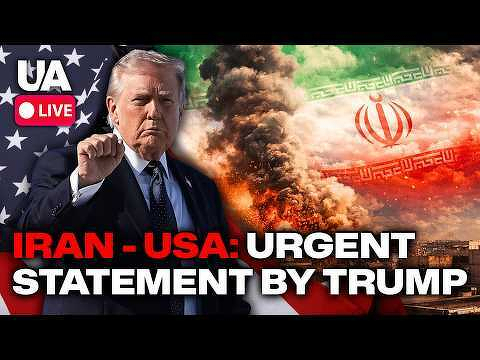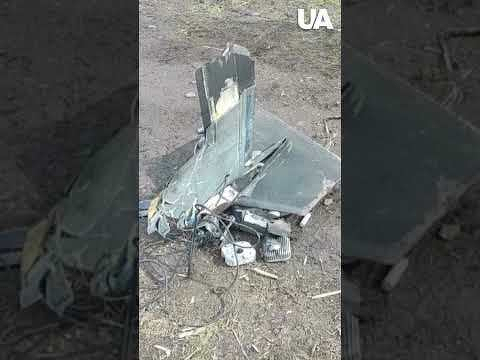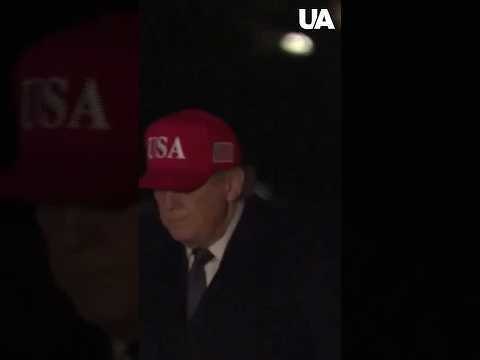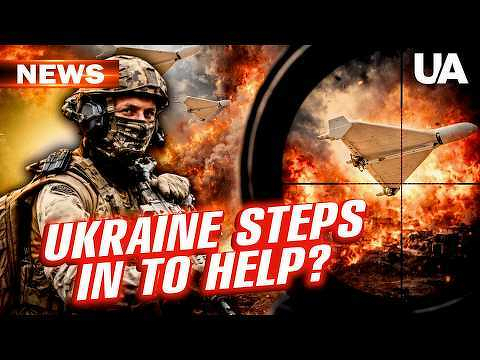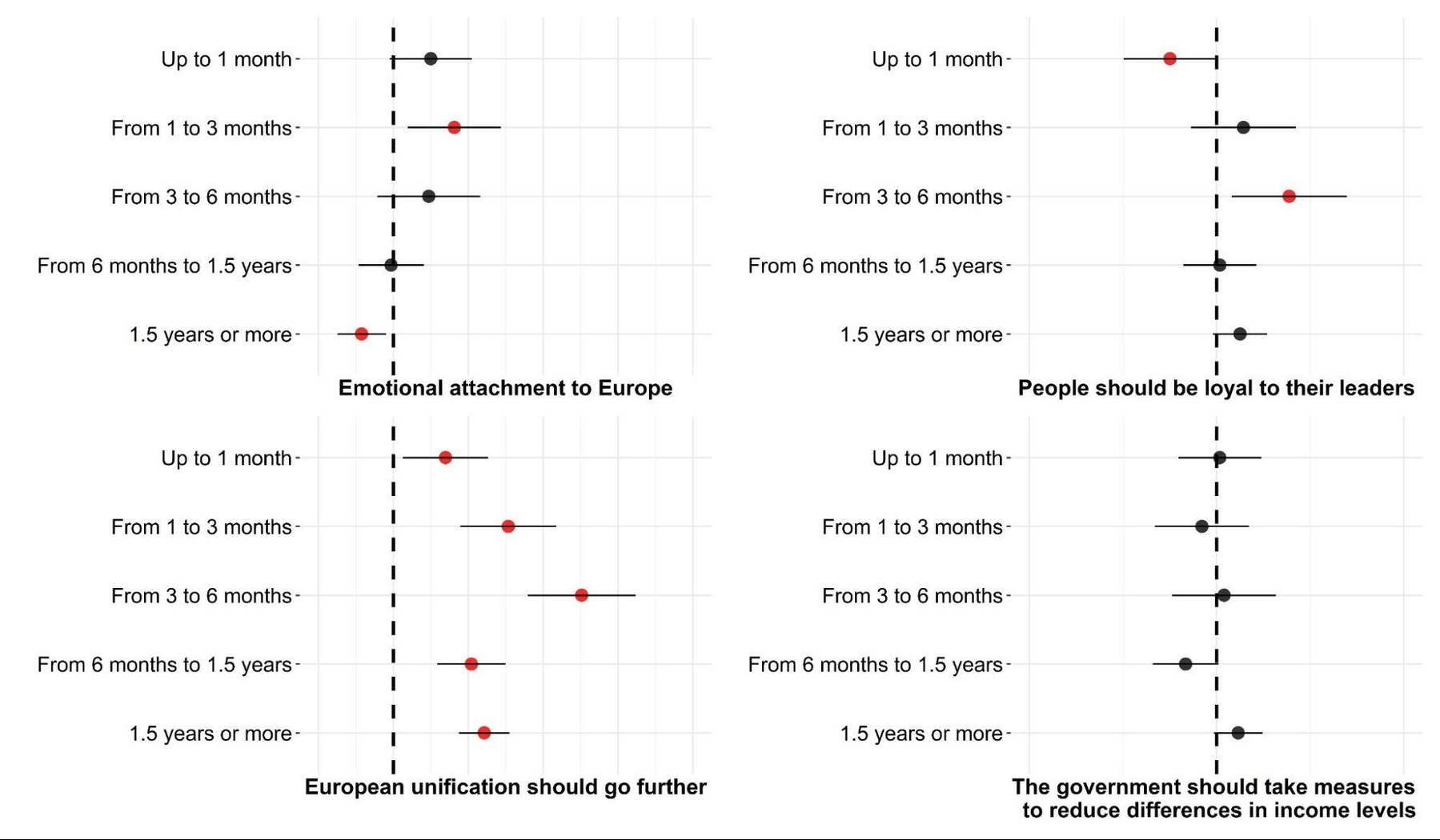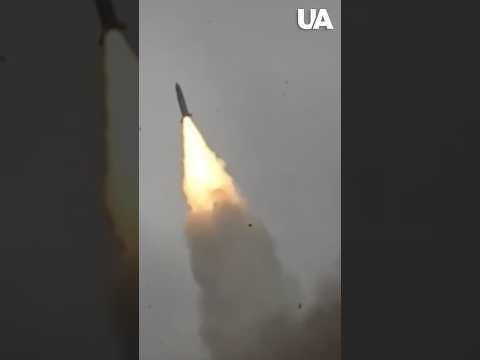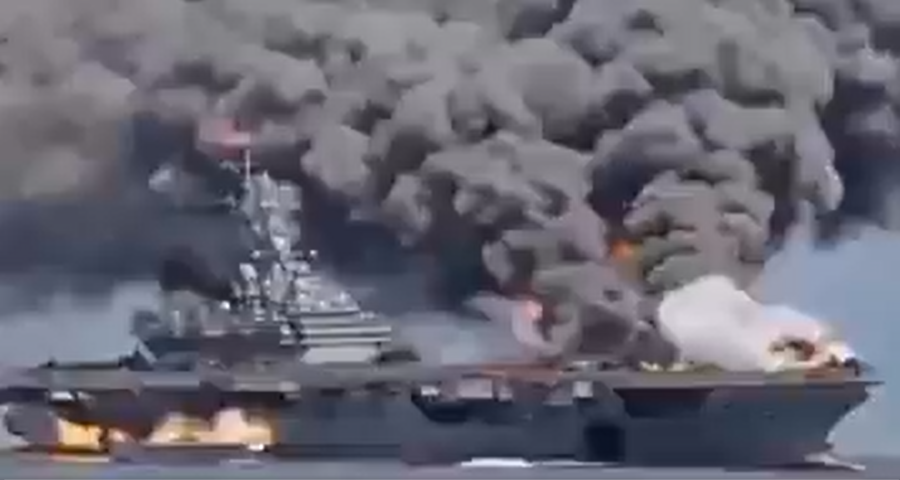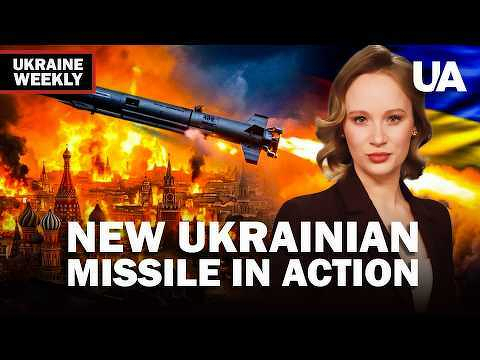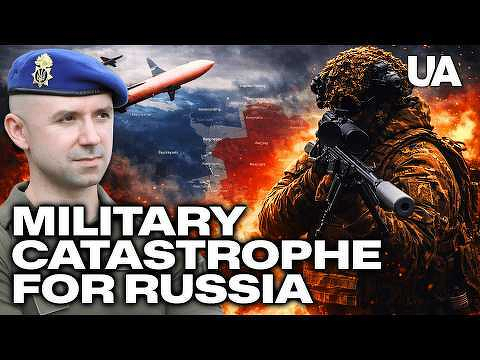
Reading

Spies, Lies, and Algorithms
Amy B. Zegart
Russia
Photos
AFU liberates 400 sq km! Strikes on Novorossiysk and Russia's burning oil refineries
Ukraine
Ukrainian military urge foreign residents to join the Armed Forces to earn the right to live in Ukraine
Ukrainian military are advising foreigners who obtain residency in Ukraine, run businesses and start families to join the Armed Forces. In doing so, they say, those foreigners would earn the right to remain in the country they have chosen to live in. …
Photos
USA
TRUMP MAKES STATEMENT ON IRAN! 🚨 Major announcement happening right now – follow the live stream
Ukraine
Russia
Ukrainian military expert warns Russians to brace for widespread power outages as Ukraine expands strikes in 2026
Residents of Russia’s border regions are being urged to prepare for major power disruptions. The days when Russia could strike Ukraine’s energy system with impunity are over, a Ukrainian analyst says.
Odesa-based military expert Alexander Kovalenko …
Ukraine
Russia
Photos
Ukraine captured more territory than it lost to Russia over Febraury 2026, Syrskyi says
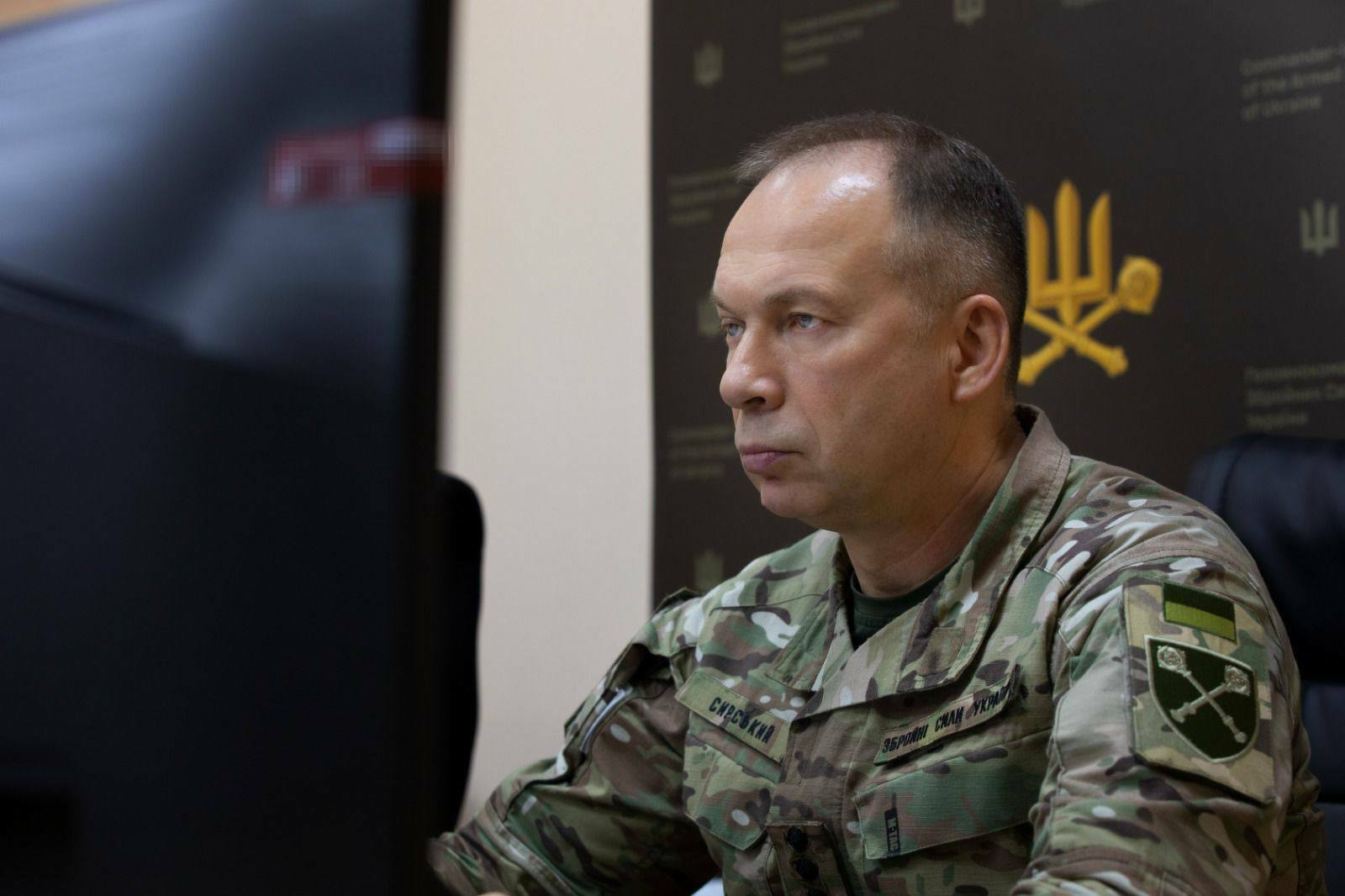
Russia
Photos
RUSSIA ATTACKED RESIDENTIAL BUILDINGS IN ODESA! Innocent people under fire #shorts
Ukraine
Russia
Photos
With slow progress on battlefield, Russia shifts to terror and sabotage in Ukraine
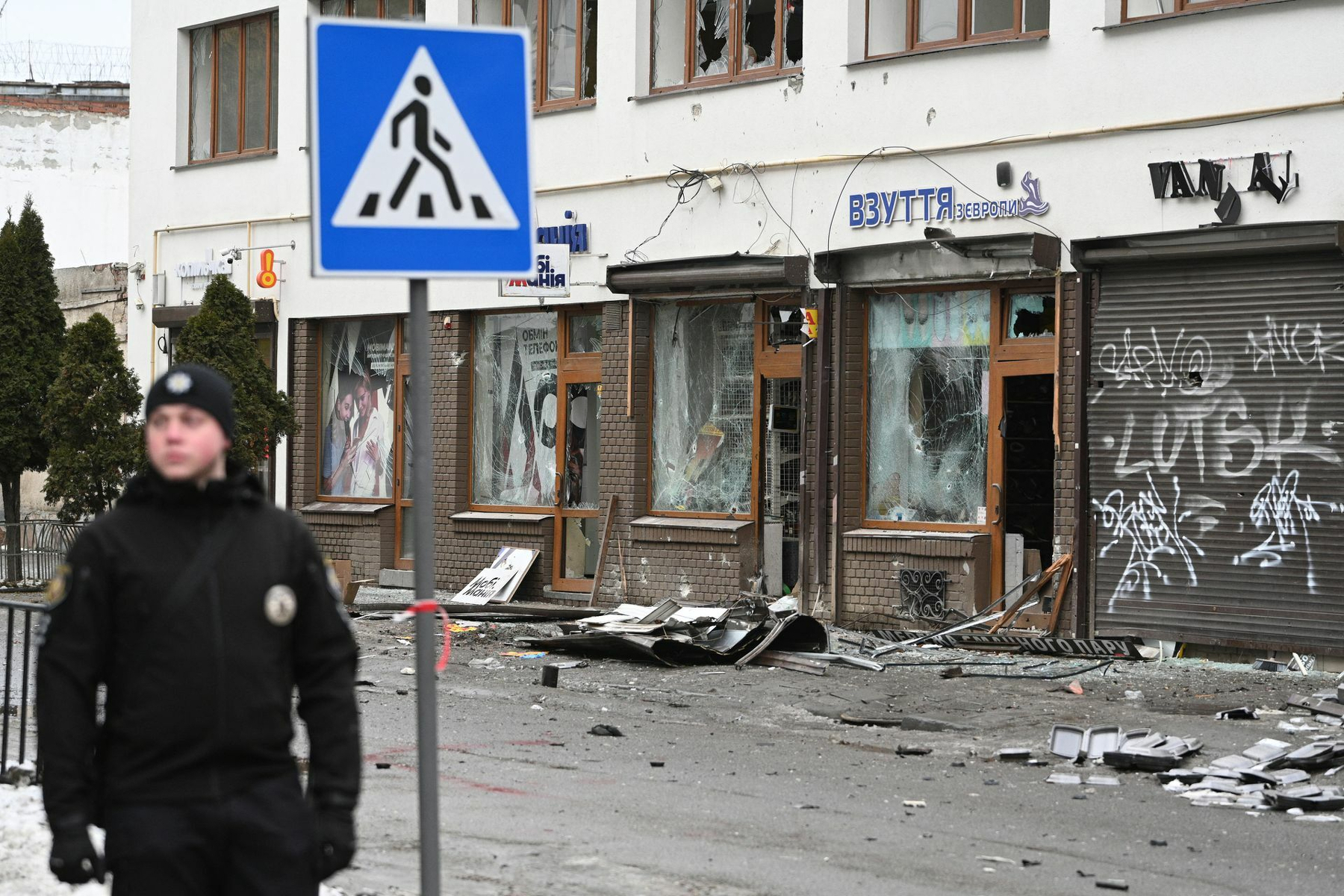
Over the course of 48 hours last week, three explosions targeting Ukrainian police officers in different cities raised the prospect of a chilling new front in Russia’s campaign of terror against civilians.
On Feb. 22, two explosions hit the western …
Ukraine
Photos
Is Ukraine entering the "game" in the Middle East? Britain asks Kyiv for assistance.
Ukraine
Russia
Ukrainian paratroopers claim breakthrough on the Oleksandrivka axis in Donbas
A breakthrough on the Oleksandrivka axis derailed plans by Russian units to advance, Ukraine’s Air Assault Forces said. Ukrainian paratroopers created conditions for further tactical gains.
A clip of the operation -in which Ukraine’s Armed Forces say …
Ukraine
Photos
US deploys LUCAS attack drones against Iran 'for first time in combat'
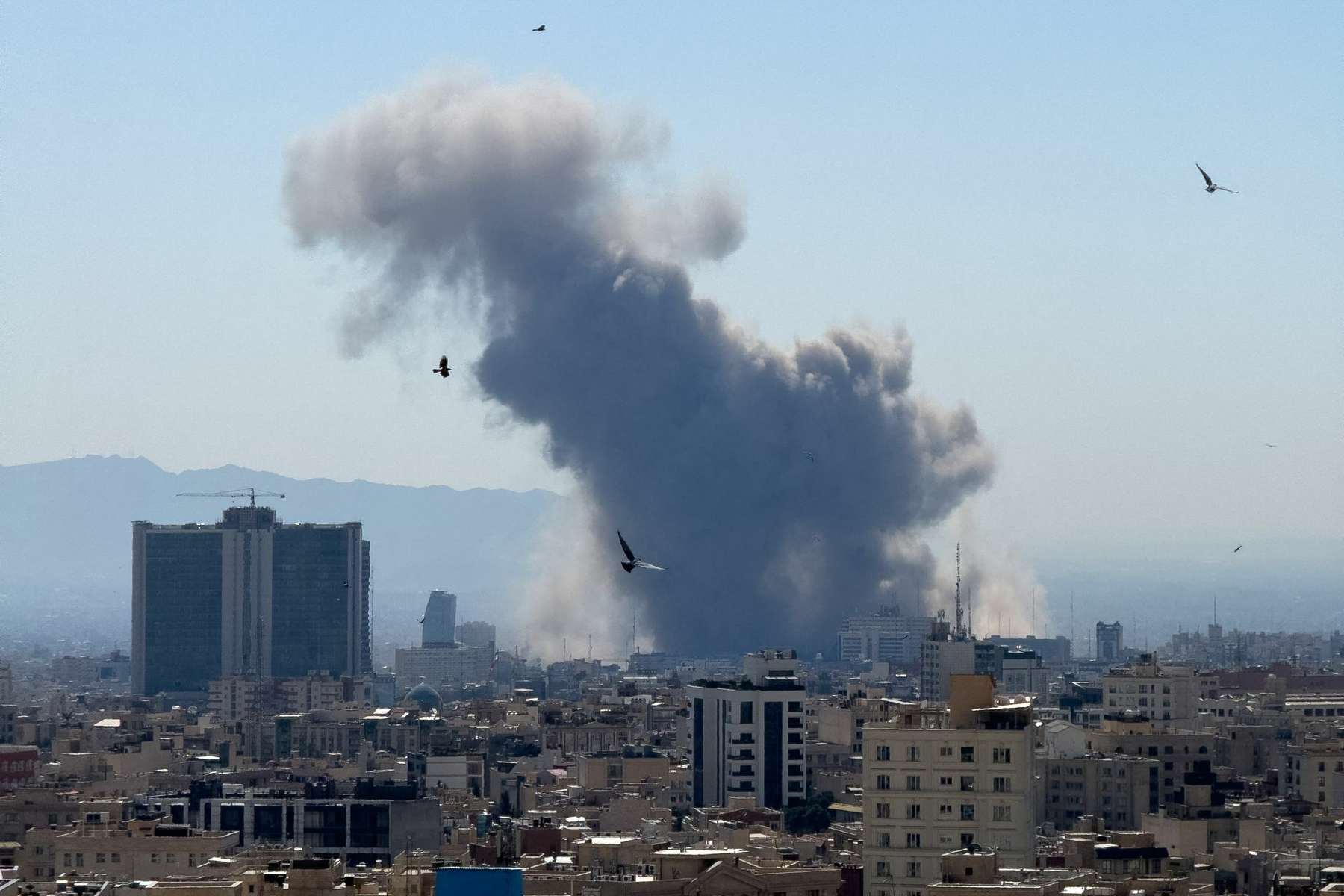
Ukraine
Russia
Drone attack ignites Sheskharis oil terminal in Novorossiysk, a key Russian export hub
Novorossiysk came under a drone attack overnight on March 2, igniting the Sheskharis oil terminal, one of the country’s largest export facilities and a site with strategic significance, The Moscow Times reported.
A series of blasts rattled the Black …
Russia
Mass drone attack hits Russia's Krasnodar region, causing Sochi flight delays and a fire at the Novorossiysk oil terminal
On the evening of March 1, Russia’s Krasnodar region came under a mass drone attack. More than 100 flights were delayed at Sochi Airport amid the strikes, and an oil terminal at the port of Novorossiysk caught fire.
Explosions have been heard in …
Ukraine
Russia
Photos
70% of Ukrainians skeptical US-Ukraine-Russia talks will bring lasting peace, poll shows
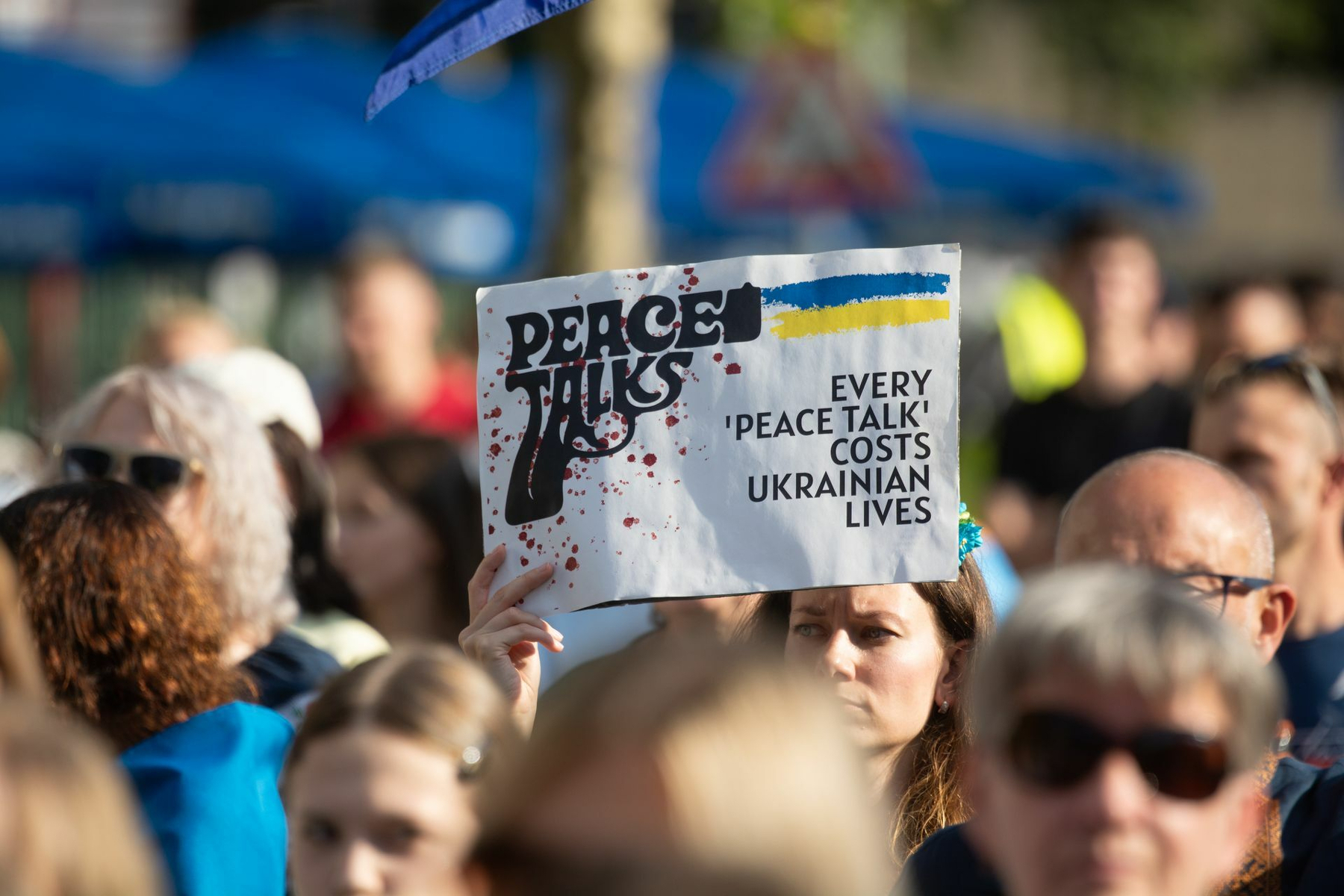
Ukraine
Russia
Zelensky says Ukraine will share air-defense expertise amid Middle East conflict
Ukraine will share its air-defense experience with partners amid the conflict in the Middle East, President Volodymyr Zelensky said in his nightly video address on Sunday, March 1.
“From the situation in the Middle East, you can see how difficult it …
Ukraine
Russia
Photos
War Beyond Borders: How Does It Echo Across Europe?
We know very well how the war has affected Ukrainians’ views. We know how their trust in various institutions (the President, the government, the Armed Forces of Ukraine, the police) and in one another has changed, and how the importance of …
Ukraine
Russia
Photos
At least 9 killed, 19 injured in Russian attacks on Ukraine over past day
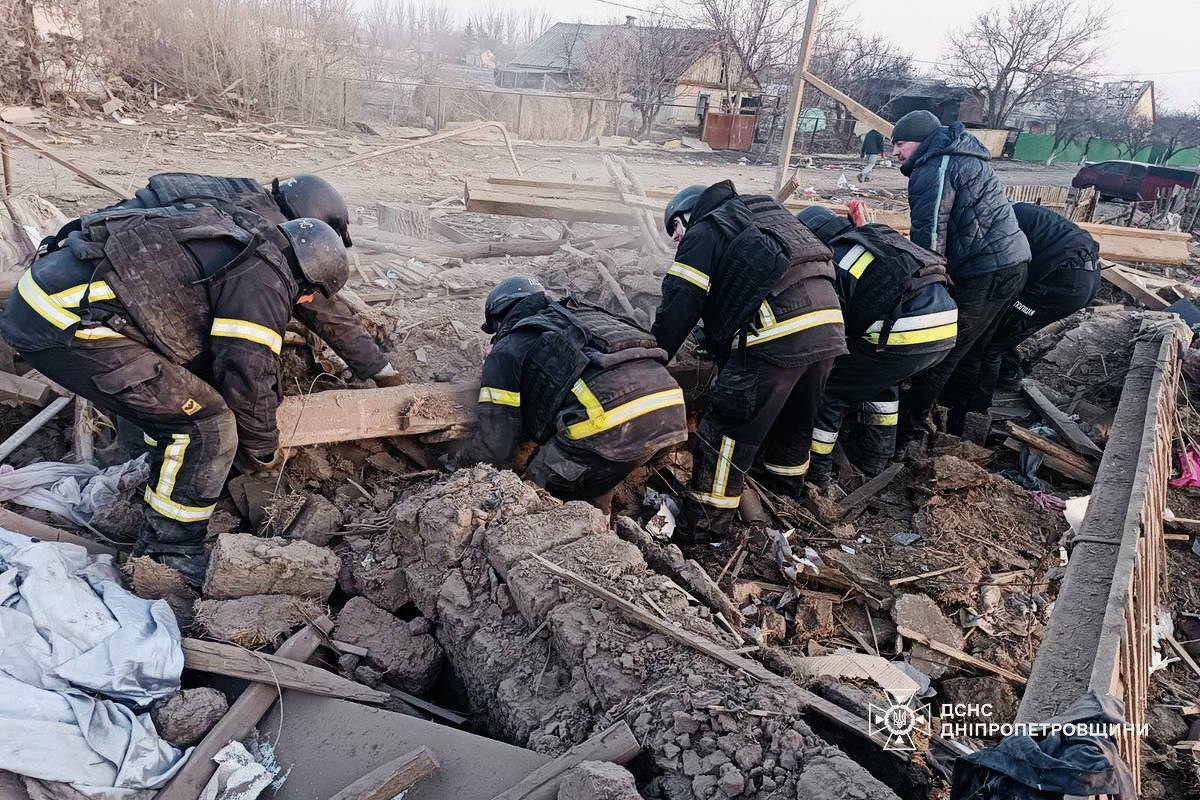
Ukraine
Russia
Between Security and Memory: Ukraine in the Political Rhetoric of Polish President Karol Nawrocki
In recent years, support has been growing worldwide for political forces that appeal to national sovereignty, historical memory, and the protection of domestic interests. Poland has not been an exception to this broader trend.
Despite the …
Ukraine
Russia
Photos
General Staff: Russia has lost 1,267,730 troops in Ukraine since Feb. 24, 2022
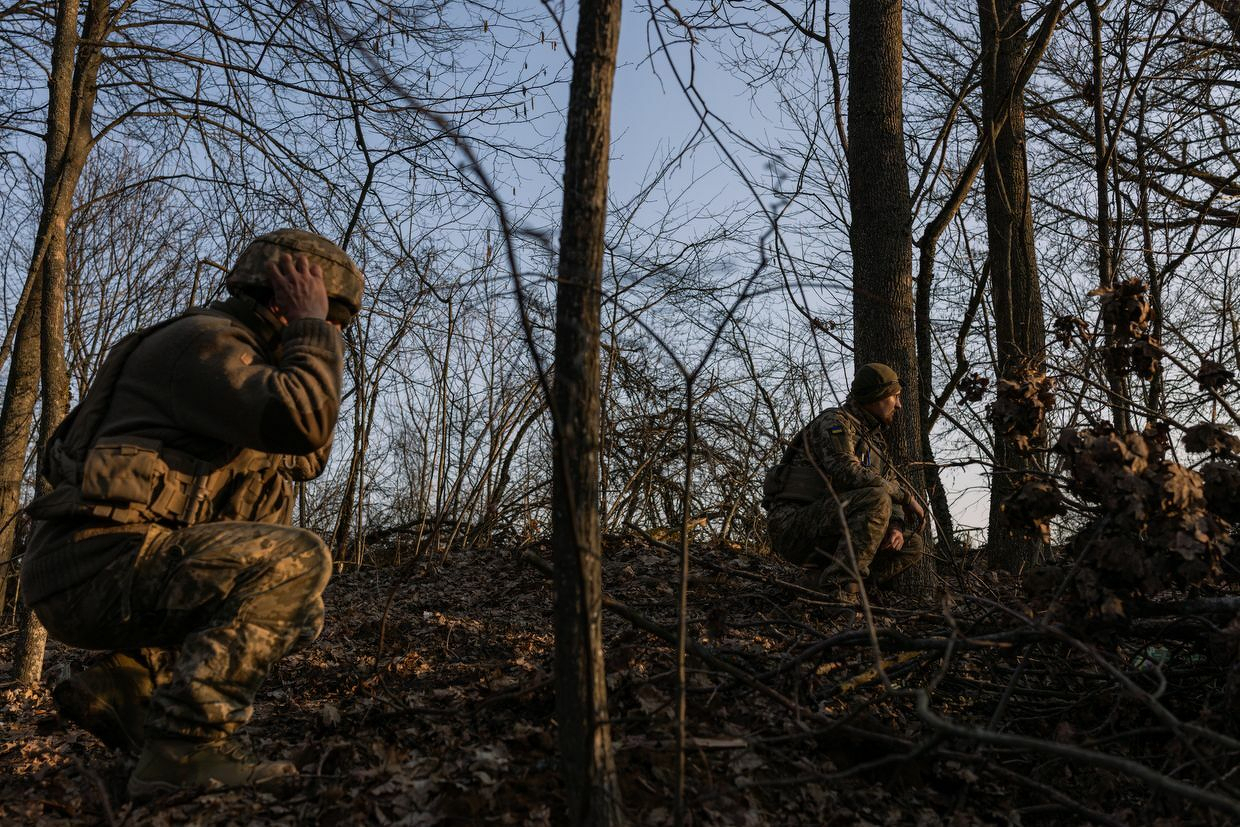
Ukraine
Russia
Photos
Ukrainian drones reportedly strike major oil terminal in southern Russia's Novorossiysk
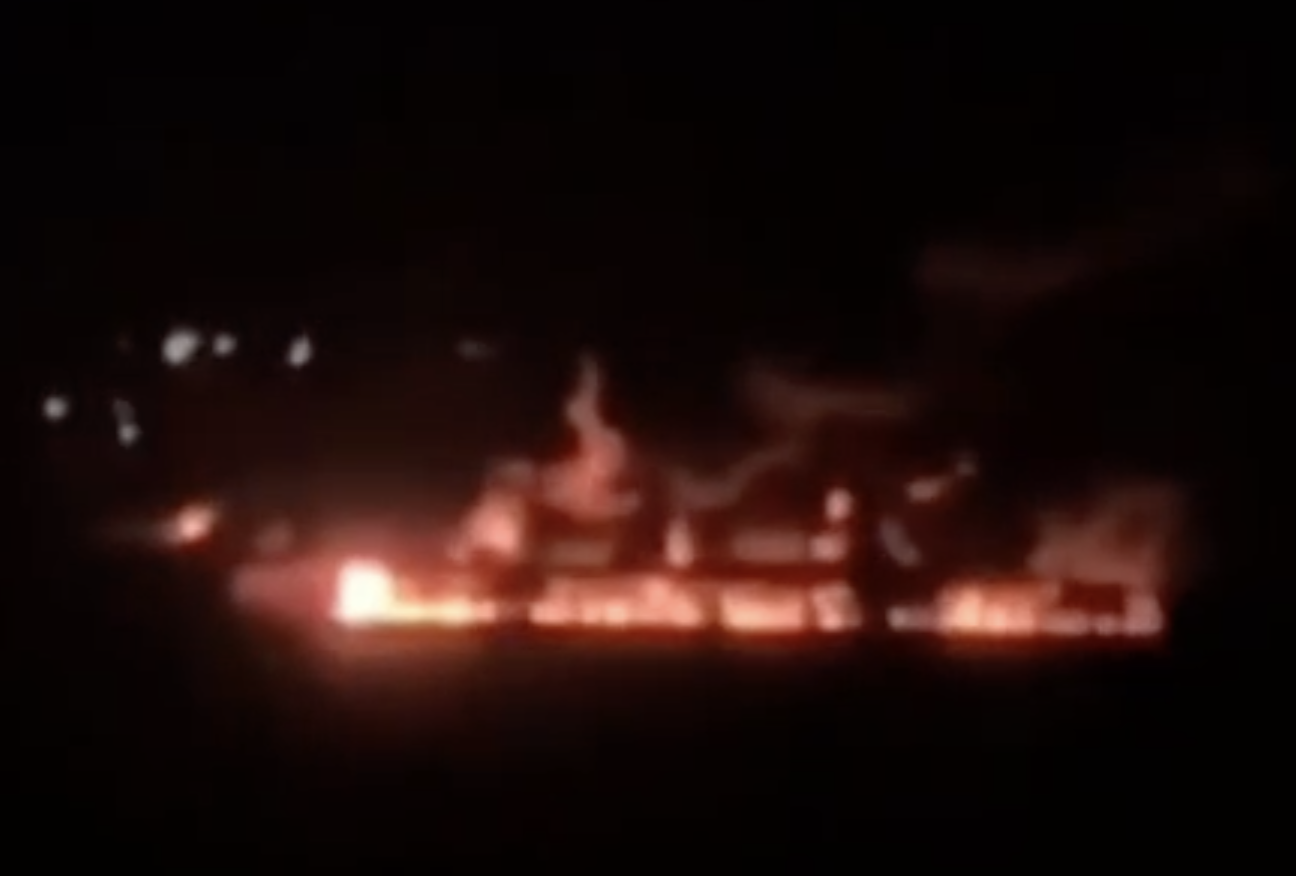
Photos
Fact Check: Taylor Swift, Travis Kelce, Bono, Or Your Favorite Celeb Did NOT Donate $5 million To Help Iran Elementary School Destroyed In Airstrike
Did Neil Diamond, Eminem, Coco Gauff, or any of a long list of celebrities donate $5 million to provide emergency relief and medical aid following the tragic elementary school strike in southern Iran? No, that's not true: The false claim that at …
Photos
Fact Check: Video Does NOT Show U.S. Aircraft Carrier Abraham Lincoln On Fire After Iran Missile Attack -- Old Game Video
Does a video show the aircraft carrier USS Abraham Lincoln burning in the Red Sea after being hit by Iranian missiles in 2026? No, that's not true: The video first appeared online on June 23, 2025, in a post making a similar false claim during the …
Ukraine
Photos
Ukraine's air defense expertise 'irreplaceable,' Zelensky says as escalating Middle East war draws in Europe
